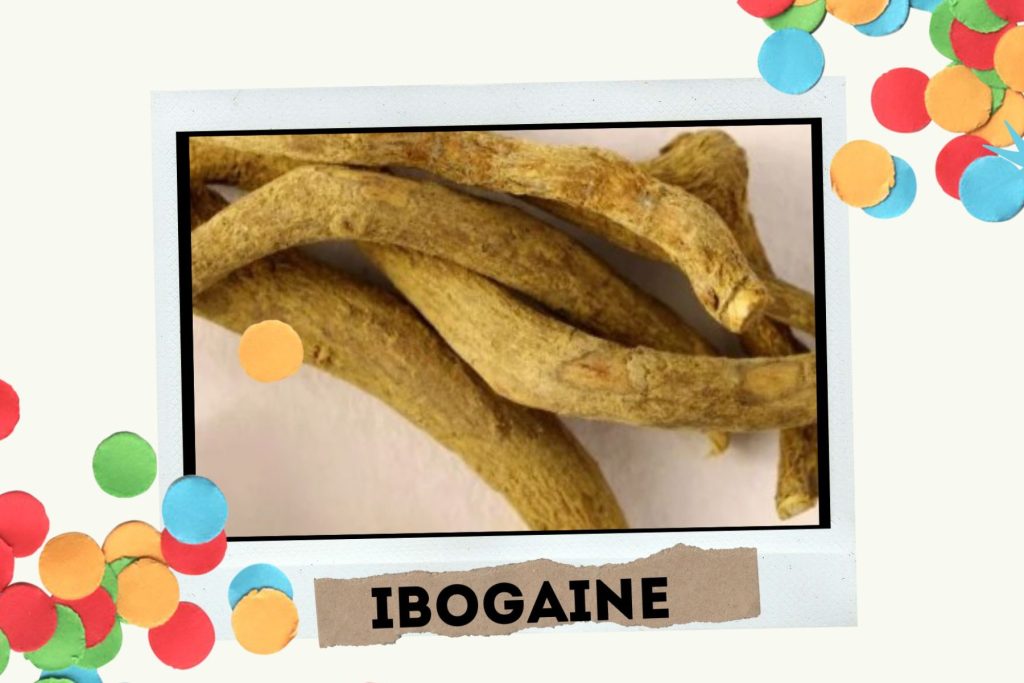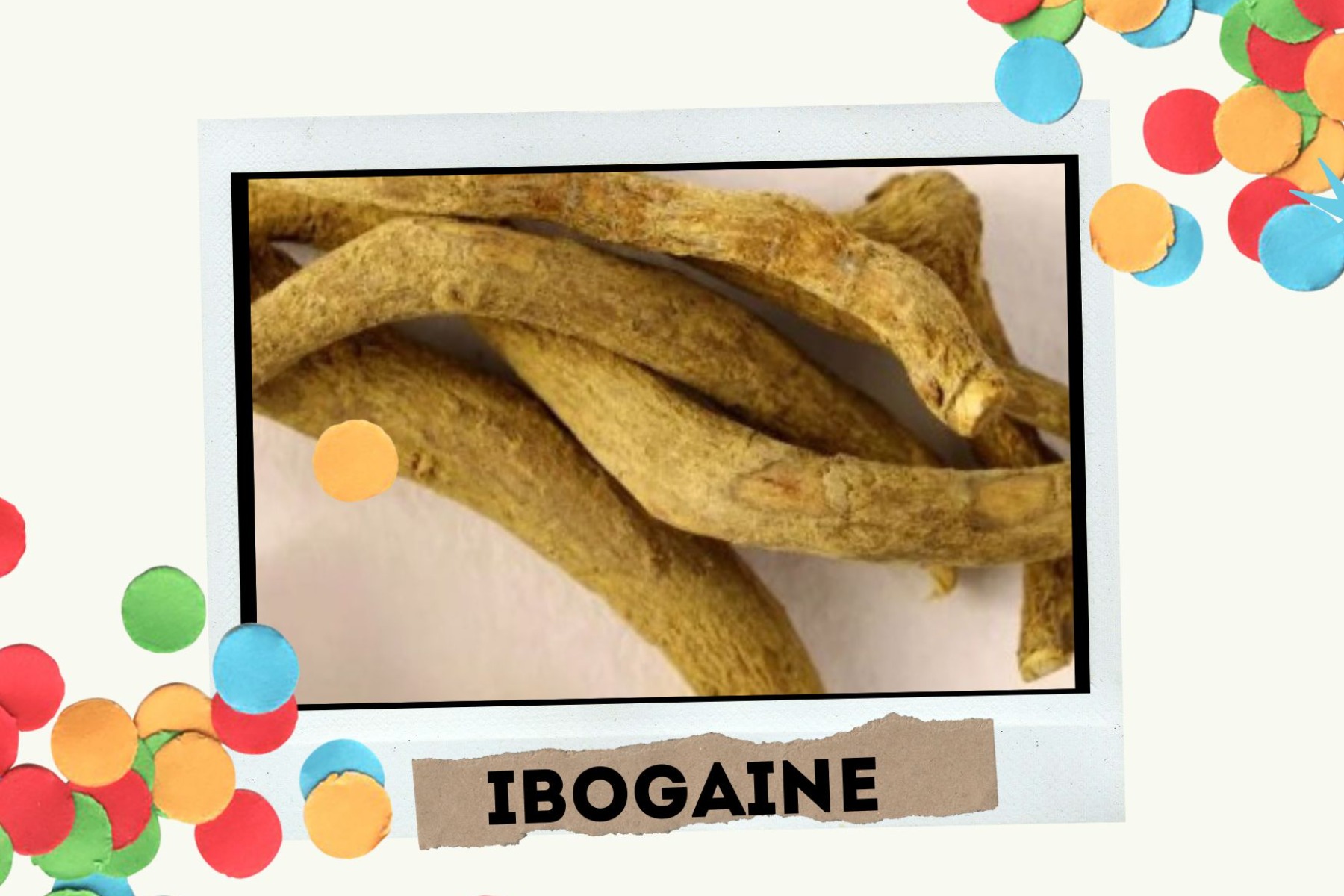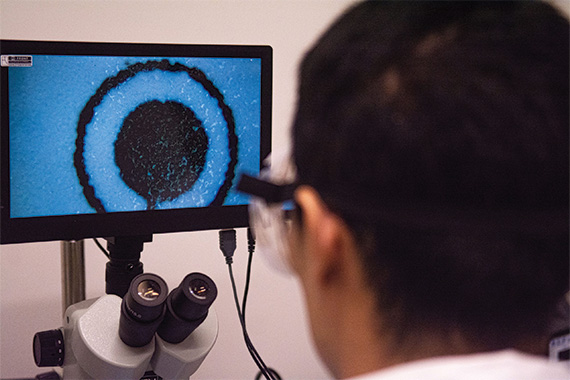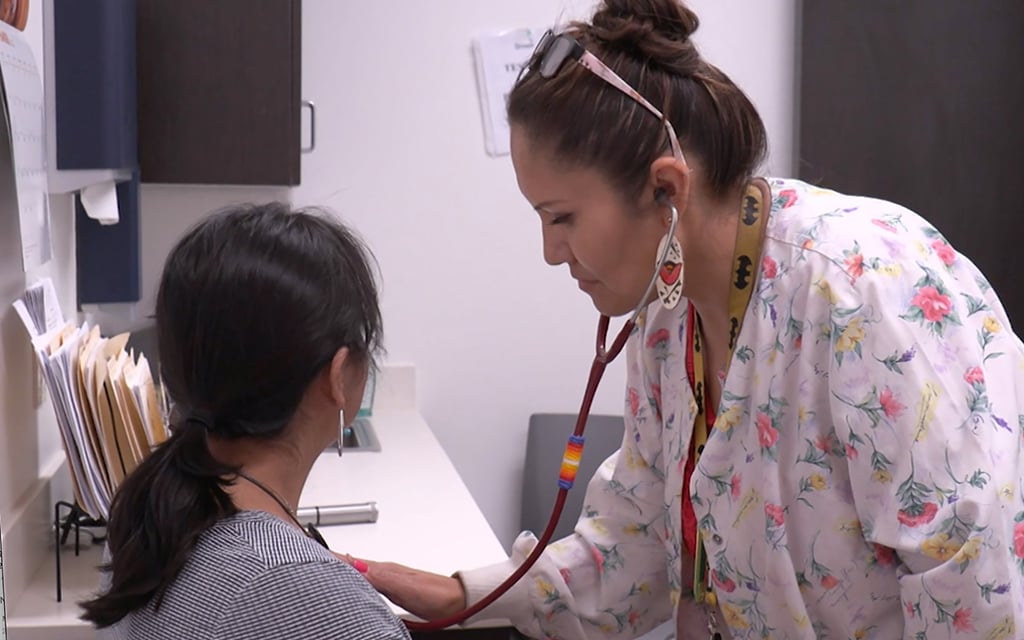A recent clinical trial has brought ibogaine, a psychedelic substance renowned for its role in addiction therapy, into the spotlight as a potential breakthrough in treating post-traumatic stress disorder (PTSD). The study, conducted among military veterans with traumatic brain injuries, revealed a remarkable 80% reduction in PTSD and depression symptoms over a month-long period. While the findings hold promise, it’s essential to note the absence of a control group in the study, underscoring the need for further research.

The Unconventional Promise of Ibogaine in PTSD Therapy
Ibogaine, traditionally associated with religious ceremonies in Gabon, has gained recent recognition for its therapeutic properties in addiction treatment. The clinical trial’s unexpected success in mitigating PTSD symptoms opens a new avenue for exploring unconventional psychedelic therapies.
Although skepticism remains, testimonials from those who have undergone ibogaine treatment for various mental health challenges highlight its potential impact on individuals struggling with PTSD.
The study’s results offer a glimmer of hope for the medical community, emphasizing the urgency for innovative interventions in addressing the complex nature of PTSD. Ibogaine’s unique mechanism and historical usage present an intriguing intersection of traditional practices and modern psychiatric approaches.
READ ALSO: Genetic Link Revealed: Anorexia Connected to Morning Chronotype and Insomnia Risk
Challenges and Considerations in Ibogaine Research
Despite the promising outcomes, challenges and ethical considerations surround the research on ibogaine. The absence of a control group raises questions about the true extent of its effectiveness, urging researchers to approach these findings with cautious optimism. Additionally, the surreal nature of ibogaine, often perceived as fictional, demands a careful balance between acknowledging its potential and maintaining scientific rigor.
As the medical community grapples with the need for novel interventions, ibogaine’s therapeutic role in treating addiction and now PTSD sparks conversations about the future of psychedelic-assisted therapies. The journey from ceremonial substance to potential mainstream treatment underscores the complexities of introducing unconventional approaches into established medical frameworks.




